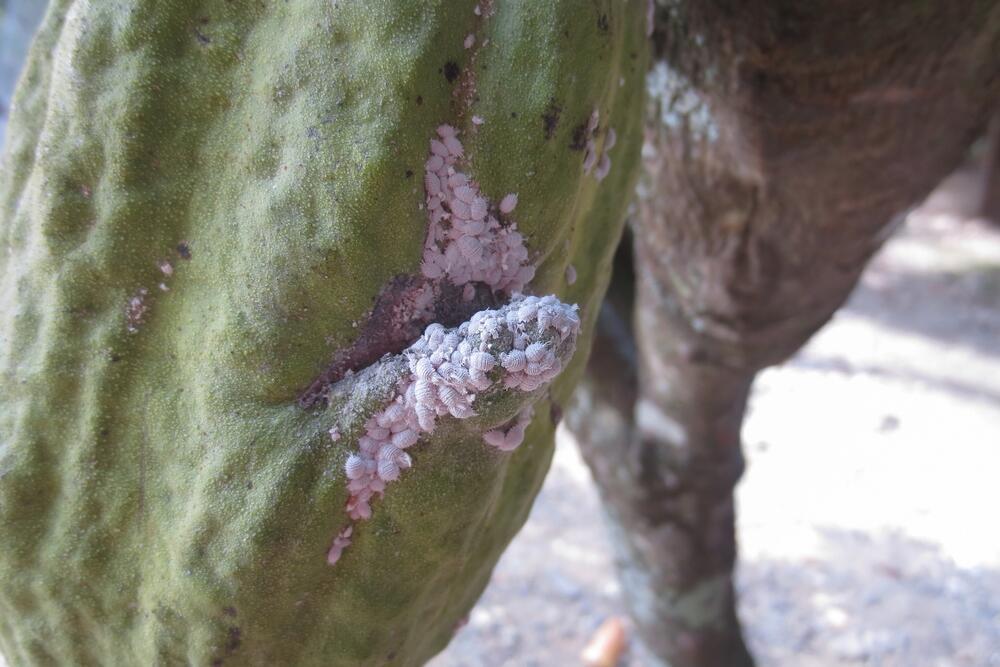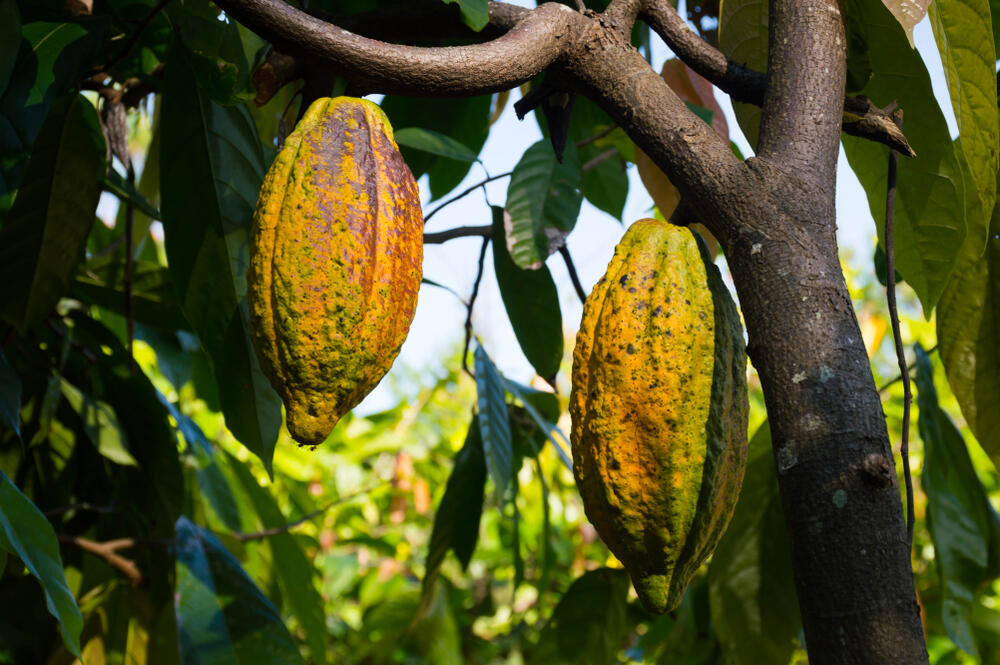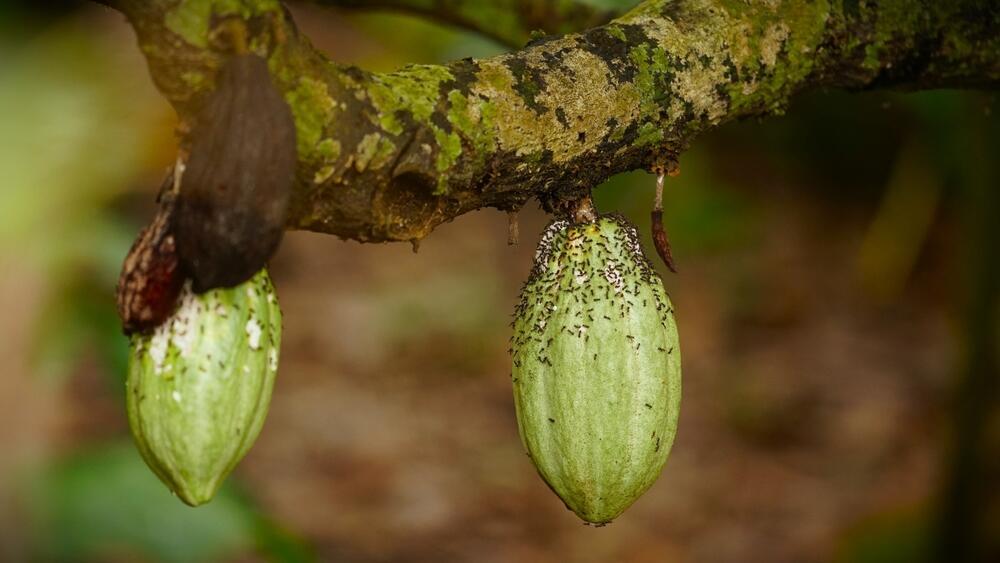Getting your Trinity Audio player ready...
Amidst the global cocoa crisis, which has led to shortages and unprecedented spikes in prices, a breakthrough that could alter the global production landscape is emerging, chillingly, from the Gaza border region in southern Israel.
Dr. Ellen Graber from the Volcani Institute said they planted 150 seedlings in October. They were only able to assess their condition in mid-January, and thought they were all dead, but they found that close to 20 of them survived, most of them the same type. The team was amazed at the survival rate. There was a drastic cooling during the last week of January, but the seedlings survived that too. She hopes that all of this will lead to an Israeli cocoa strain, resistant to climate crises, adapted to the Israeli environment.
Graber adds there is potential for cocoa cultivation in Israel. It requires further research and development, but the increase in cocoa prices has made this possibility much more realistic or economically viable. She said that Israel has a lot to contribute to the world from the knowledge accumulated here, whether it's new strains resistant to climate crises or diseases and adapted to Israel, and if it's cultivation techniques and ways to modernize cultivation."
In recent years, Graber has been working on adapting cocoa varieties to Israeli growing conditions, and the Volcani Institute currently grows about 18 different types of cocoa and conducts unique experiments unseen elsewhere in the world. If her experiments succeed, she may not only generate significant new income potential for Israel but also enable other countries to grow desirable crops without a rainforest.
Graber is already harvesting tree fruits grown since 2020 in a plot in Israel, researching and learning the optimal conditions for their growth and developing strains resistant to drought and diseases. According to her estimate, she will achieve a breakthrough that will surprise the world in the coming years. She said that today they know to tell a farmer what to give a tree for maximum yield.
3 View gallery


The cocoa bean is threatened by small insects which infect the tree
(Photo: Shutterstock)
Graber recently thought that cocoa could not be grown without humidity, but discovered this wasn't the case. The team saw that the most important thing to remember is to maintain humidity in the roots, not in the air. That's how they learned that certain types of cocoa plants are resistant to unconventional temperatures. No one thought that seedlings could survive at 4-8 degrees Celsius or in drought conditions under extreme heat.
According to the International Cocoa Organization, composed of cocoa-producing and consuming countries, the global deficit in cocoa supply is expected to soar to 374,000 tons in 2024, 300,000 more than last year. Global cocoa supply is expected to decrease by about 11% to 4.45 million tons compared to 2022-2023 due to the climate's adverse impact and resulting plant diseases. The Cocoa Board of Ghana, the second-largest producer after Ivory Coast, anticipates the lowest yield in over 20 years.
One of the reasons for the decrease in Africa's cocoa supply is disease. The Cacao swollen shoot virus (CSSVD) is spread by small insects called Pseudococcidae which eat the leaves, buds and flowers of the trees. This remains one of the most harmful threats to the world's chocolate.
In West Africa's cocoa belt, where 2 million farmers depend on cocoa for their livelihoods, about 70% of the world's cocoa supply is produced. However, the cocoa superpowers, Ghana and Ivory Coast face a catastrophic yield, as scorching temperatures hit the region due to the warming effects of El Niño, alongside rising temperatures due to greenhouse gas emissions, which have led to off-season heavy rains and harsh heat waves.



